In this book, the trauma of the Partition in Eastern India is discussed explicitly in a way that has not happened before. Drawing upon interviews with women who were uprooted from old East Bengal, on diaries, memoirs and creative literature, the editors lift the veil of silence that has surrounded the Bengal Partition of 1947. The lack of overt public discourse has meant that people outside Bengal have tendeedto believe that the impact was very much less on the people in the eastern region. In truth, the sufferings, the loss of life, livelihoods and of shelter were very real but of a different nature from the fast-moving horror of the Punjab. It was more like an oozing wound that seemed not to heal than a one-time clear severance of a limb.Seminar, February 2002, devoted itself to an in-depth discussion of the Eastern Partition, inviting Jasodhara Bagchi and Subhoranjan Dasgupta to edit the issue. Many contributions have been taken from this pioneering work and many more have been added to focus on what women experienced, felt and witnessed. Divided into four parts, Part 1, Analysis and Literary Evidence, focuses on the gender-narrative on Partition, an area hitherto ignored, even suppressed. Part 2, Interviews and First-Hand Accounts, reveals the displacement, rape and loss of shelter that women experienced. Part 3, Creative and Literary Texts, presents translations of poems by Jibanananda Das and Taslima Nasreen, which give a glimpse of the loss of a homeland, of its incomparable beauty, which the refugees can only yearn after, and of the futility of dividing a people. A translation of a short story Not possible, by Santosh Kumar Ghosh (Hoina) pinpoints the courage and resilience of women against the conventional cowardly response of patriarchal society. Other extracts are from the play Natun Yehudi by Salil Sen that describes the refugees on the Sealdah station platform as the new Jews, and from Ritwik Ghatak’s screenplay, Meghe Dhaka Tara, perhaps the quintessential text on the tragedy of Partition. Part 4, Documentary Evidence, given in East Is East, West Is West a succinct comparison of the grossly discriminatory central government policy to Punjab and Bengal, followed by two letters of the aggrieved MLAs if East Pakistan, belonging to the minority community, which suggest why Partition and exodus have turned out to be a continuing process in Bengal.Weaving together the voices of many women and incisive analysis, the book provides an invaluable discussion on displacement, rape, loss and why women play the price. It thus traces the strenuous triumph attained in the crucible of suffering.
Interrogating Motherhood
$15.30
$17.00

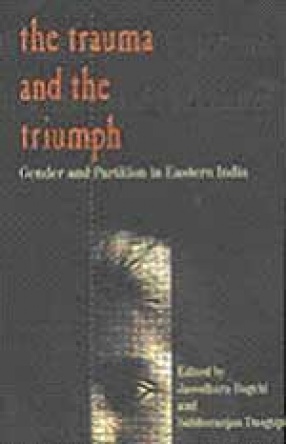
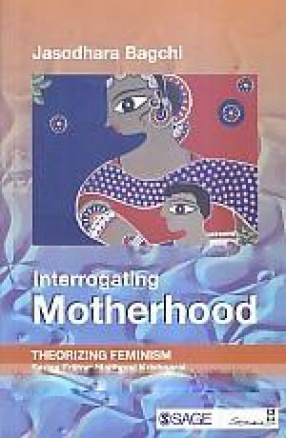
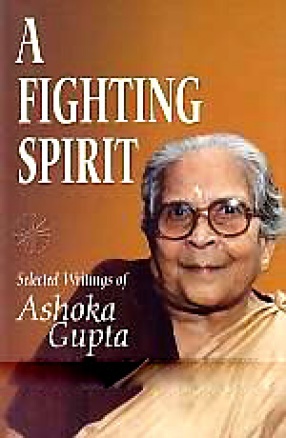

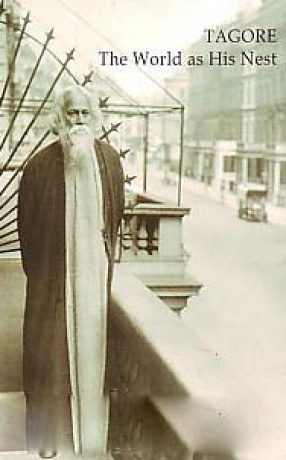
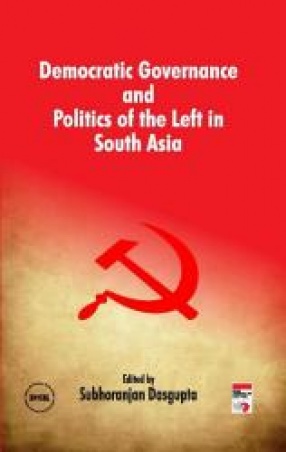
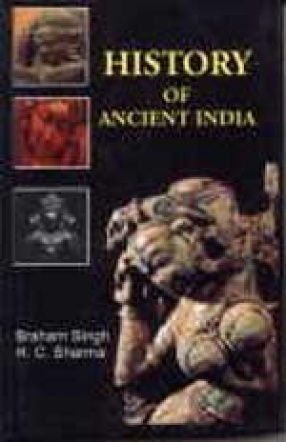
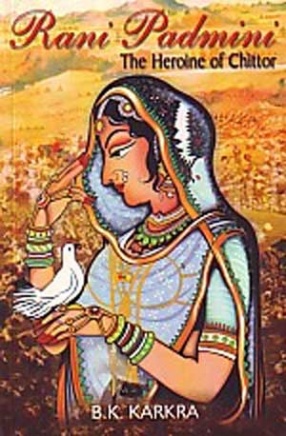
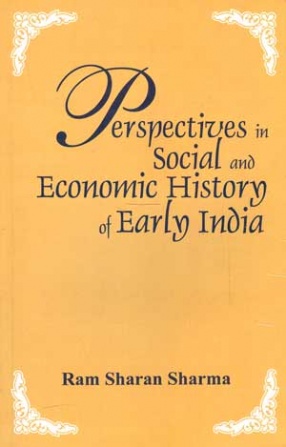
There are no reviews yet.